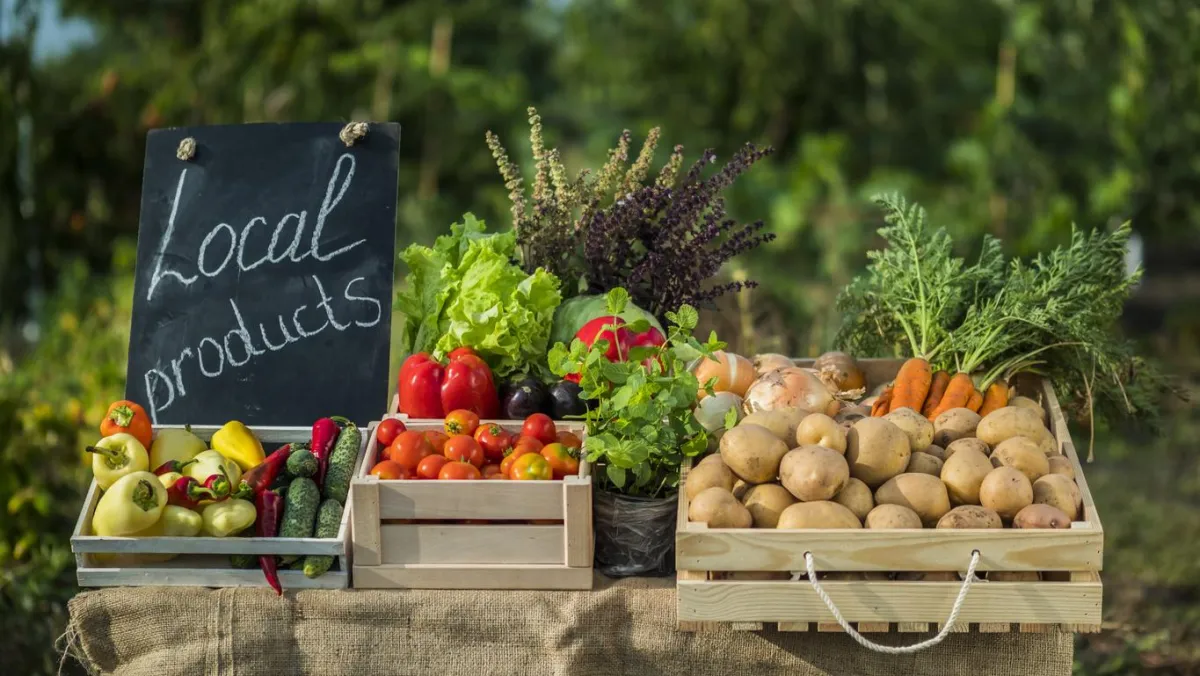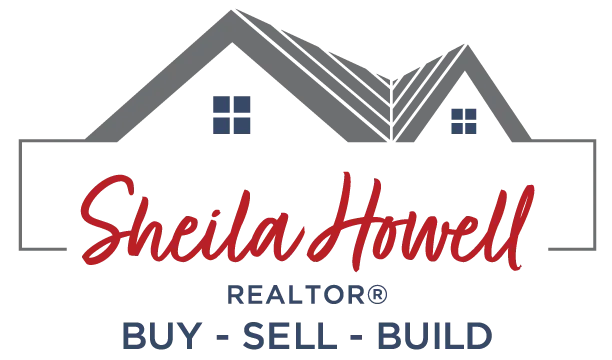
🌾 Why Hobby Farms Are Gaining Popularity (And Should You Start One?)
For years, hobby farms were seen as a charming but niche lifestyle—something for retirees or those with deep farming roots. But today, more and more people, from young professionals to families and empty nesters, are choosing to trade in suburban driveways for dirt paths, garden beds, and the simple joys of farm-fresh living.
So, what’s driving this shift? Why are hobby farms becoming so popular, and should you consider starting one yourself? Let’s dig in.
🐓 What is a Hobby Farm?
A hobby farm is a small-scale farm that is maintained primarily for pleasure rather than for large-scale profit. Unlike commercial farms, which operate as a full-time business, hobby farms allow owners to cultivate land, raise animals, and grow food while still holding other jobs or balancing different lifestyles.
For some, it’s a way to embrace self-sufficiency and sustainability, while for others, it’s about escaping the hustle of city life and finding peace in nature. Whether you’re dreaming of collecting fresh eggs from your backyard, growing organic vegetables, or even raising goats for homemade cheese, a hobby farm can be as simple or ambitious as you want it to be.
🌱 5 Reasons Hobby Farms Are Growing in Popularity
1️⃣ The Appeal of Self-Sufficiency
One of the biggest reasons people are turning to hobby farming is the desire to become more self-reliant. With rising grocery prices, concerns about food quality, and an overall push toward sustainability, many homeowners are choosing to grow their own food.
From backyard chickens to raised garden beds, hobby farmers enjoy knowing exactly where their food comes from. There’s something deeply satisfying about collecting eggs from your own hens, pulling fresh carrots from the soil, or baking a loaf of bread with ingredients you grew yourself.
Even if you don’t plan on going fully off-grid, a hobby farm can reduce your reliance on grocery stores and provide a meaningful connection to your food.
2️⃣ A Healthier, More Active Lifestyle
The physical benefits of hobby farming are undeniable. Instead of sitting at a desk all day, hobby farmers spend time outdoors tending to plants, caring for animals, and working with their hands. It’s an active lifestyle that keeps you moving without the need for a gym membership.
Beyond physical health, spending time in nature has been linked to lower stress levels, improved mental health, and greater overall happiness. The fresh air, daily movement, and rewarding sense of accomplishment make hobby farming a natural remedy for the fast-paced digital world many of us are trying to escape.
3️⃣ The Great Escape from City Life
For many homeowners, the dream of owning land is about more than just farming—it’s about lifestyle. As cities become more crowded and housing developments continue to expand, the appeal of open spaces, privacy, and a slower pace of life grows stronger.
Many buyers are looking for a balance between accessibility and seclusion—a place where they can enjoy nature but still be close enough to town for work, school, and social activities. A hobby farm offers that perfect middle ground: room to breathe, space to grow, and a peaceful retreat from the busyness of modern life.
4️⃣ Income Potential & Side Hustles
While hobby farms aren’t meant to replace full-time income, many owners find creative ways to turn their land into a profitable side business. Some popular income-generating ideas include:
Selling farm-fresh eggs, honey, or homegrown vegetables at local farmers' markets
Renting out land for events, camping, or agritourism experiences
Raising specialty livestock like goats for milk or alpacas for fiber
Selling homemade goods like jams, soaps, or candles made from farm-grown ingredients
Even small-scale farming ventures can generate enough income to offset costs or fund new projects on the property.
5️⃣ A Stronger Connection to Family & Community
Hobby farming isn’t just about growing food—it’s about growing connections. Many families find that working together on a farm strengthens their bond, teaches responsibility, and fosters a deeper appreciation for nature.
It’s also a wonderful way to get involved in the local community. Whether it’s trading produce with neighbors, participating in farmers’ markets, or joining gardening and livestock groups, hobby farming can open doors to new friendships and a supportive network of like-minded people.
🌻 Is a Hobby Farm Right for You?
If you’ve been dreaming of a hobby farm, here are a few things to consider before taking the leap:
✅ How much space do you need? Hobby farms can range from a few backyard garden beds to several acres of land. Think about what kind of farming you want to do and how much space it will require.
✅ What are the local zoning laws? Some areas have restrictions on livestock, building structures, or selling farm products. Research your county’s zoning laws to make sure your plans align with regulations.
✅ How much time can you commit? While hobby farms aren’t full-time jobs, they do require daily care—especially if you have animals. Make sure you have the time and resources to manage the upkeep.
✅ Do you have the right climate? The type of crops and livestock you can raise will depend on your region’s climate. Research what grows best in your area and plan accordingly.
✅ Are you ready for the learning curve? Even seasoned gardeners and animal lovers face challenges when transitioning to a hobby farm. Be prepared to learn as you go, make mistakes, and embrace the process.
💡 Ready to Find Your Perfect Hobby Farm?
If you’re considering buying a hobby farm, finding the right property is key. You’ll want to look for land with good soil, access to water, and zoning that allows for your farming goals.
As a local real estate expert with a passion for rural properties, I am passionate about helping buyers find the perfect place to start their farmstead journey. Whether you’re looking for a few acres to garden or a full-fledged farm with barns and pastures, I’d love to help you find the ideal spot.
📩 Thinking about making the move? Let’s chat! I’d be happy to guide you through the process of finding a hobby farm that fits your lifestyle and long-term goals.
Hear What Our Clients Have To Say...






Copyright © Red One Realty 2025.

Copyright © Red One Realty 2025.






